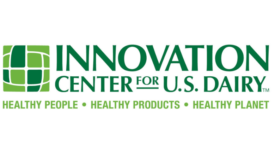Allergens
Building Loyalty Through Safety: Enhancing Allergen Management Programs as a Strategic Business Opportunity
Food allergy acts as a crucial factor in how millions of consumers decide where and what to eat every day
February 18, 2025
Proactive Allergen Prevention in the Foodservice Industry
The primary controls to prevent undeclared allergens must start in the supply chain and continue in the foodservice establishment, using multiple elements to prevent the hazard
February 11, 2025
Never miss the latest news and trends driving the food safety industry
eNewsletter | Website | eMagazine
JOIN TODAY!Copyright ©2025. All Rights Reserved BNP Media.
Design, CMS, Hosting & Web Development :: ePublishing













